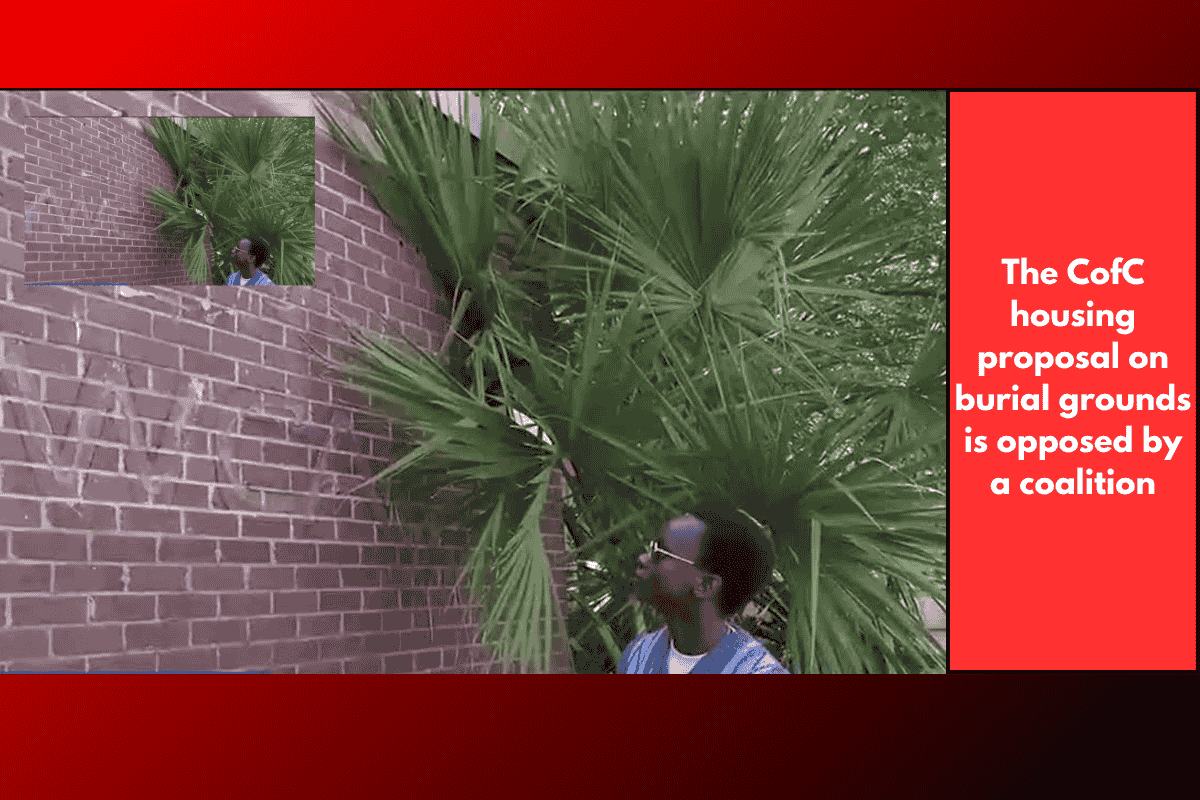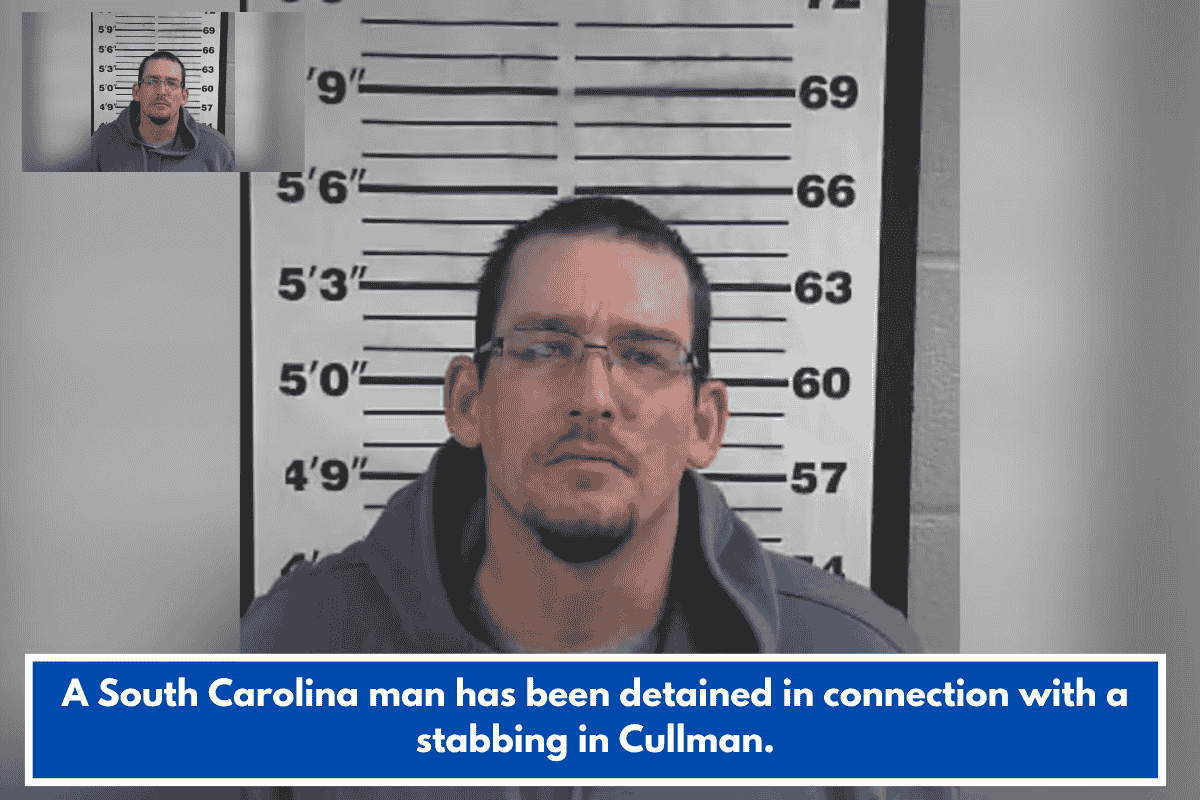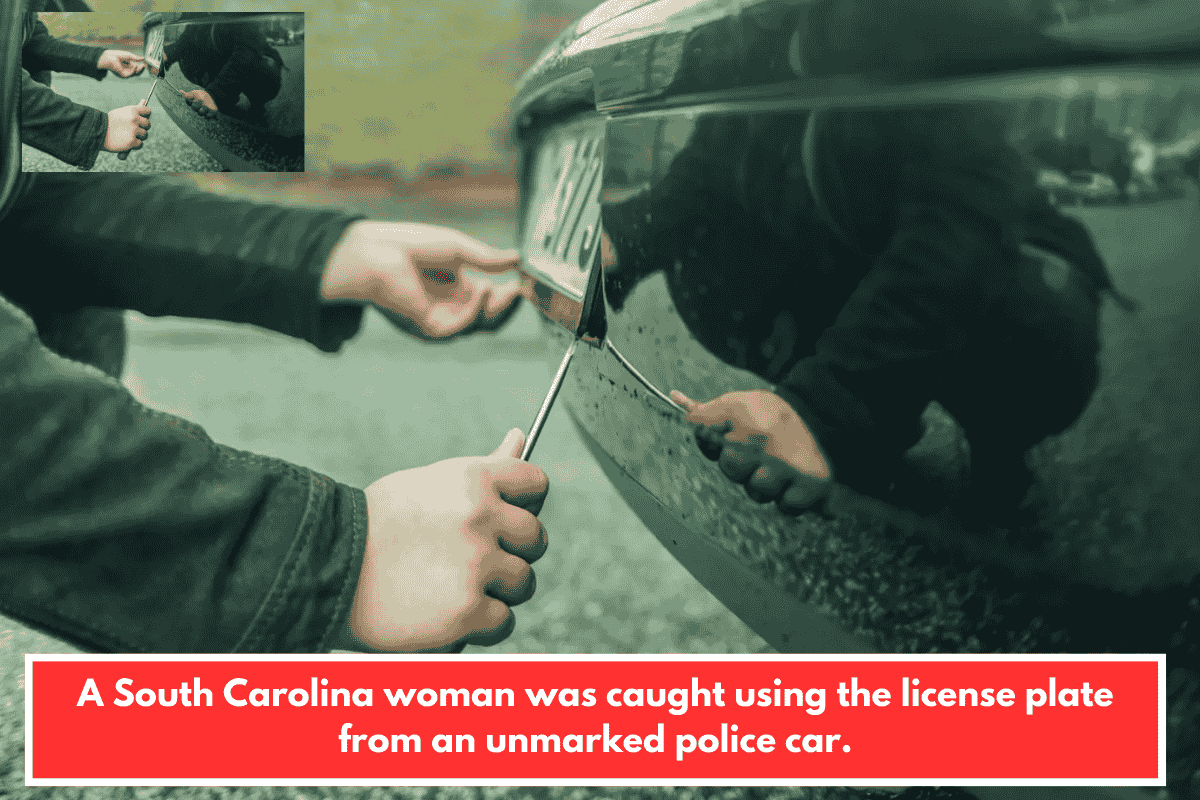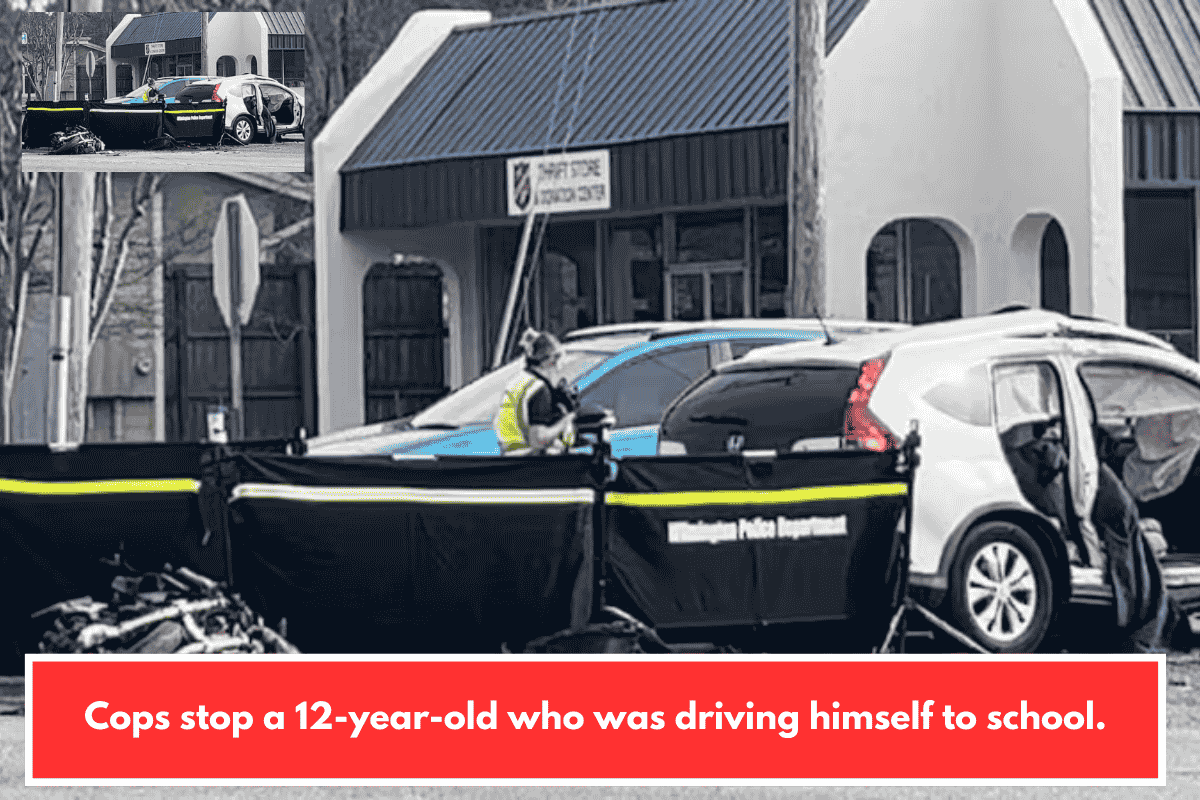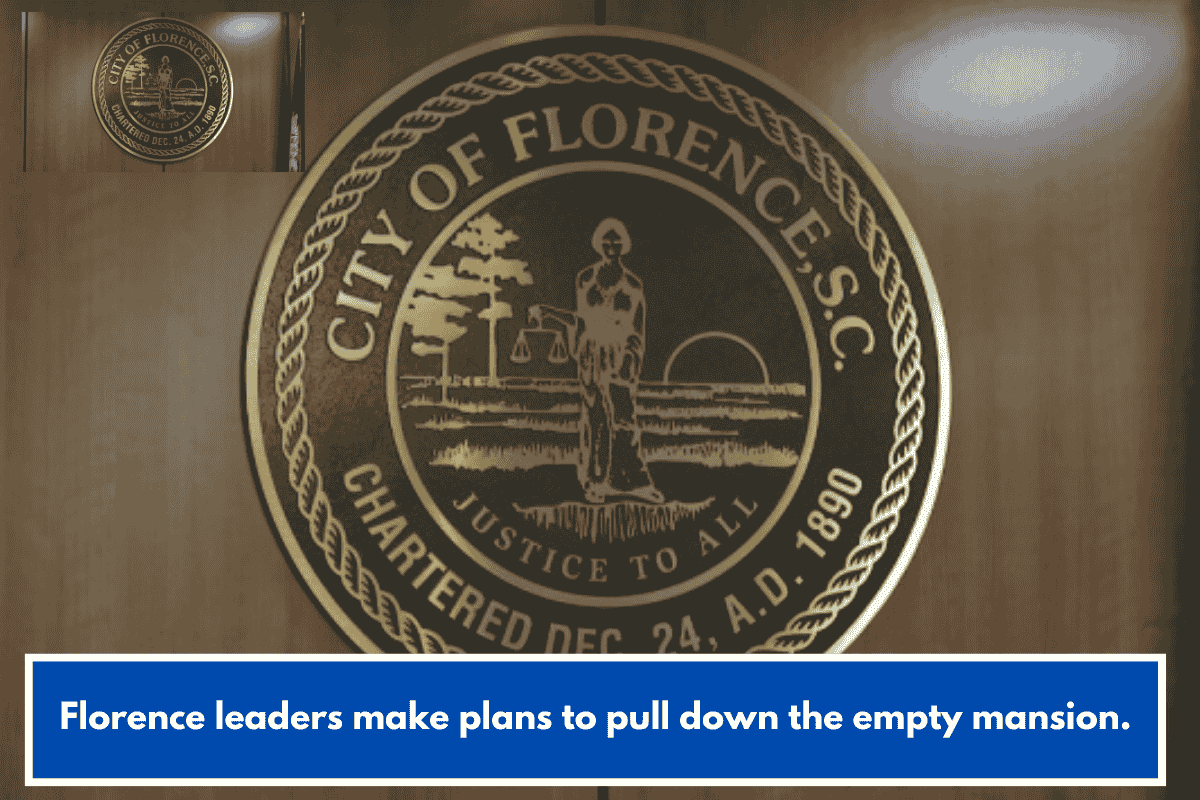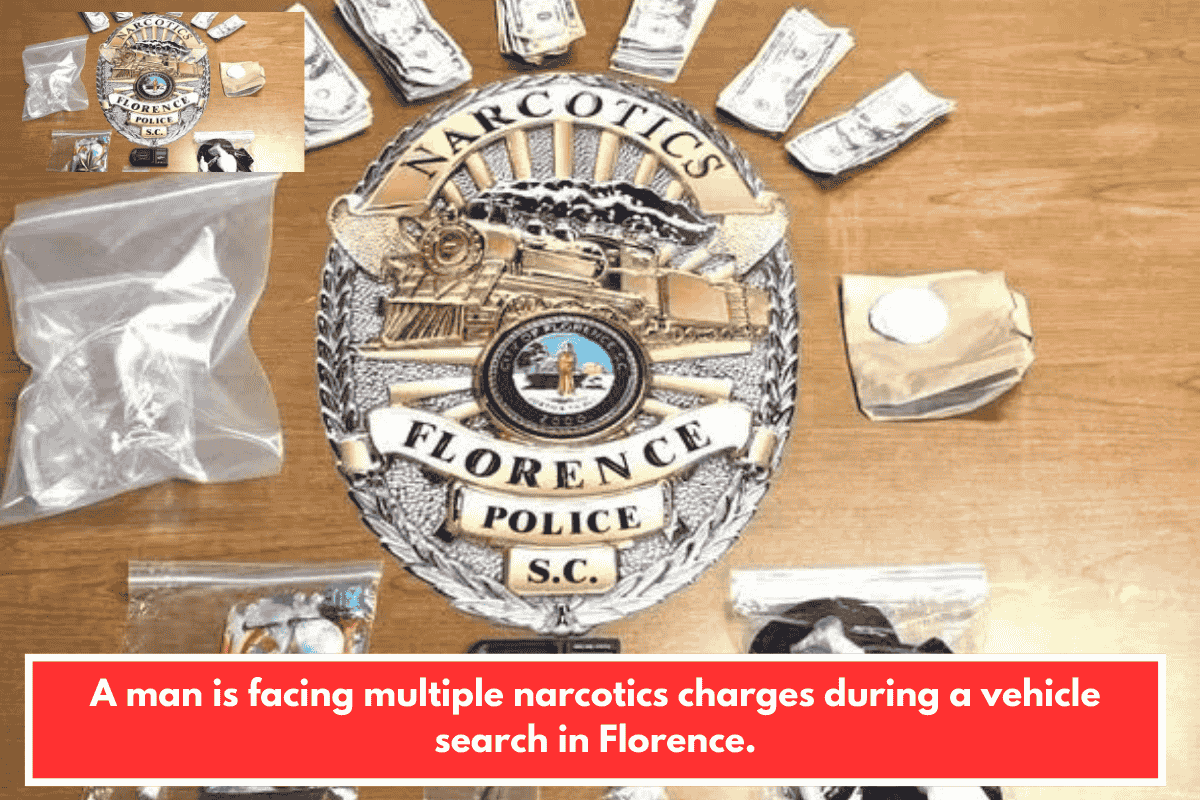A coalition of community organizations in Charleston is opposing the College of Charleston’s upcoming housing project, Coming Street Commons, which aims to provide 1,200 beds to address a student housing shortage. The project, which plans to build dorms at 106 Coming Street, has raised concerns from local activists, particularly because it is set on the site of a former city cemetery, known as Potter’s Field, and the historic location of the YWCA of Greater Charleston.
Historical Significance of the Site
The area chosen for the housing development is not just any plot of land; it is historically significant as the site of the “Strangers and Negro Burying Ground,” dating back to the late 18th century. Documents show that the city of Charleston purchased the land in 1792 for a cemetery for “strangers and negroes.” It is believed that around 4,500 people are buried there, according to the Preservation Society of Charleston’s “Mapping Charleston’s Black Burial Grounds” project.
The YWCA of Greater Charleston, which stood at the same location, played a pivotal role in the Civil Rights Movement. The organization provided vital support and advocacy for Black women in Charleston. The demolition of this historic building earlier this year, approved by the city’s Board of Architectural Review, has drawn sharp criticism from preservationists and community leaders.
Community Opposition and Demands for Engagement
The coalition, which includes the Preservation Society of Charleston, Black Lives Matter, and the YWCA, argues that the College of Charleston is not sufficiently involving the community in the planning process. “We want them to bring the community into these meetings, bring them into the planning process, and really treat the Black community of Charleston as valued stakeholders,” said James Njonjo, a concerned citizen and member of the coalition.
The organizations are calling for an ethical, community-led process that honors the history of the site, particularly its connection to Black history. They are also pushing for efforts to identify the descendants of those buried at the cemetery, as part of a broader effort to protect the cultural legacy of the area.
Concerns Over Timeline and Process
One of the primary concerns raised by the coalition is the proposed timeline for the project. The College of Charleston has indicated that an archaeological and geophysical survey will be conducted from November 2025 until July 2026. However, community leaders argue that the eight-month investigation period is too short, especially given the historical and cultural significance of the site.
Anna-Catherine Alexander, Director of Advocacy Initiatives at the Preservation Society of Charleston, emphasized, “An ethical approach can’t be informed by a construction timeline.” The coalition is urging the College of Charleston to extend the timeline and allow the community to have a voice in shaping it. They also stress that this should not be dictated by construction plans but by the desire to preserve history.
Preservation and Memorialization
The coalition’s efforts are focused not only on preventing further demolition but also on memorializing the history of the site. Ideas for honoring the history include creating green spaces, memorials, or even reusing the YWCA building as a community space. “What we’re looking for first and foremost is to have a seat at the table to ensure that history and legacy is protected,” Njonjo said.
Marcus McDonald, lead organizer with Charleston Black Lives Matter, whose family has direct ties to the YWCA, also spoke on the need to preserve the building’s legacy. He and others in the coalition are calling for an official marker or monument to honor the Black history associated with the YWCA.
College of Charleston’s Response
The College of Charleston has acknowledged the concerns raised by the coalition, stating that they are aware of the historical significance of the site and are working with community representatives, including those from the YWCA, to recognize the contributions made by the organization. The College also emphasized that they are committed to engaging with the public and completing the project in a way that reflects the community’s values.
However, the coalition argues that the College’s engagement has been insufficient, with the community not being involved from the start. They hope that the upcoming community meeting will allow for more involvement and lead to a more collaborative planning process.
Upcoming Community Meeting
The next community meeting regarding the housing project will take place on Monday, August 4, from 6:00 to 7:30 p.m. Community members are encouraged to attend either in person or virtually to voice their concerns and discuss the future of the site.
The controversy surrounding the Coming Street Commons housing project highlights the ongoing tensions in Charleston over development, preservation, and the recognition of the city’s Black history. As the College of Charleston moves forward with the project, community leaders are demanding that their voices be heard and that the history of the site be respected and preserved for future generations.

